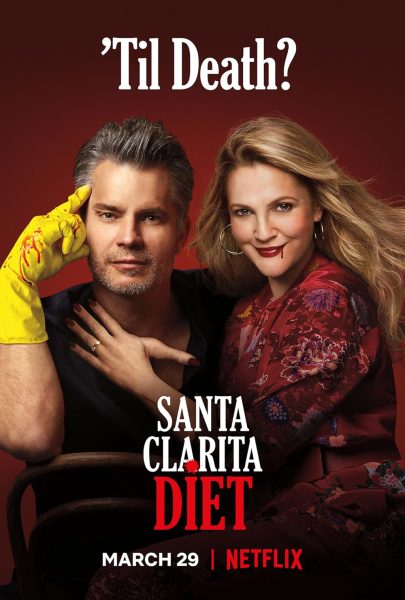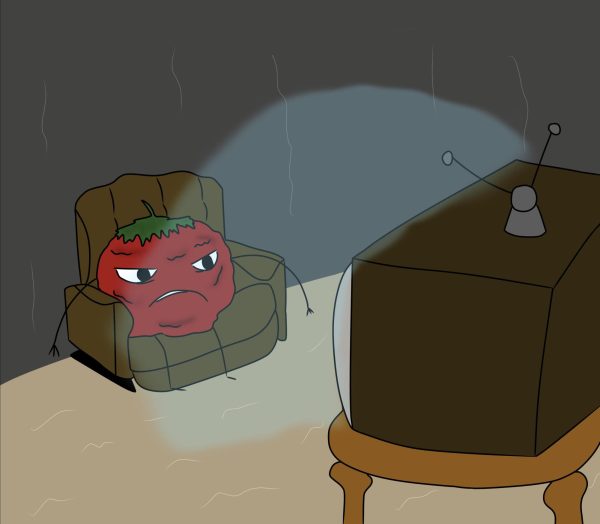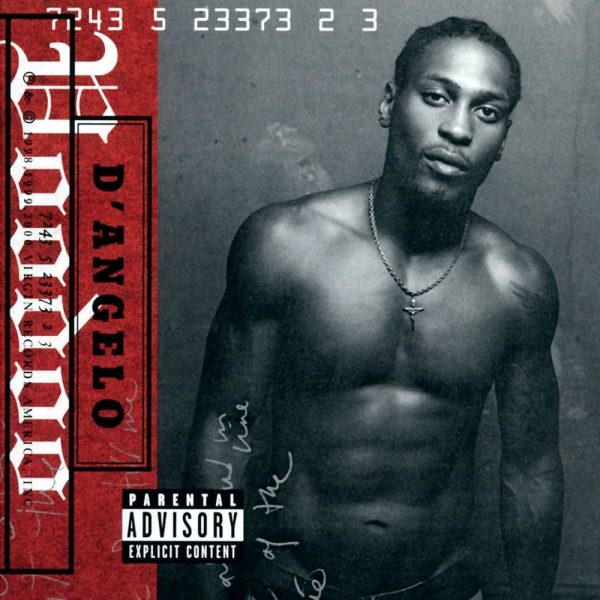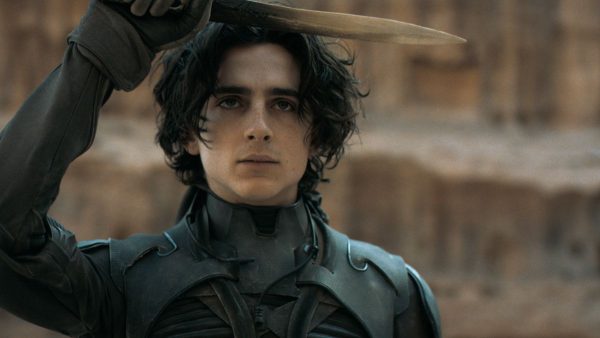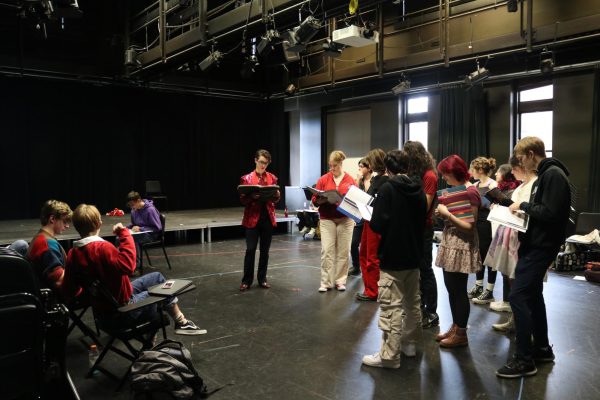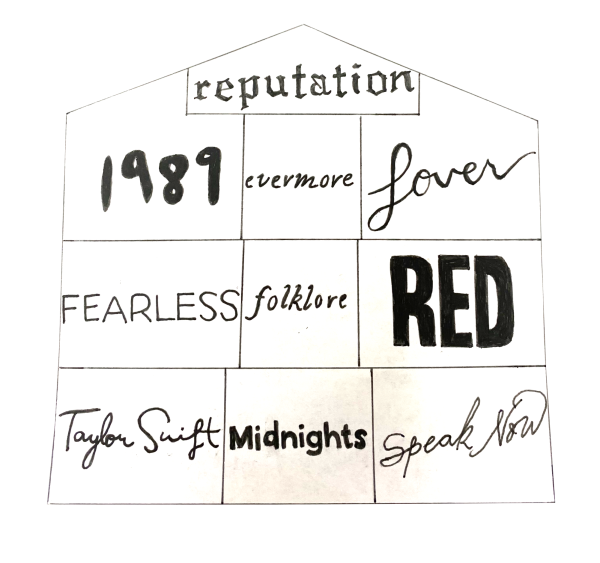And the award goes to…not the 93rd Oscars
The pros and cons of this year’s Academy Awards ceremony
May 17, 2021
Whether you watch the Oscars or not, when the event comes around you probably hear people discussing the results and the night as a whole. You don’t need to be a cinephile to appreciate the grandeur of the event. This year, things were a little different, a lot smaller, and as problematic as ever. Here’s some of the things the 93rd Oscar’s got wrong and got right this year.

A more intimate affair: This year the Oscars included stories of how filmmakers and actors first dreamed of the silver screen. It was touching and humanized these famous people. It made them relatable. This was both touching and effective in engaging the audience. Due to COVID guidelines, the event was also held at a smaller venue where only those nominated for televised categories could attend. All in all, viewers got a closer look at the nominees, I’ll consider this a pro.
Category Rearrangement: In past years, the award for best actress has been given out first. I have always found this to be odd and appreciated that this year the order of awards was changed around. That being said, I don’t think this rearrangement was for the sake of anything but ratings. Best actress and best actor were moved to be the final awards presented that night. Best picture was given out before them. This was a rather anticlimactic move. The category switch seemed like a blatant attempt to garner more views, as the front runner for the position was Chadwick Boseman, who had passed earlier that year. He was nominated for his role in “Ma Rainey’s Black Bottom.” When Anthony Hopkins won over the late actor, it felt like they were using Boseman’s passing for the sake of ratings. It felt cruel. This was a major con.
Anthony Hopkins and accessibility: As previously stated, Anthony Hopkins won best actor for his role in “The Father.” He is 83 years old and at a high risk for COVID-19. He decided it wasn’t in his best interest to go to the UK Oscar hub where many nominees unable to travel to the U.S. met. This is where he would have given his acceptance speech upon winning best actor. He requested to record an acceptance speech instead, in the event that he were to win. He was not allowed to do this, so when he won best actor the Academy accepted the award on his behalf and the 93rd Oscars ended quite anticlimactically. This was a sad con.
Chloe Zhao, Rhiz Amhed, and other landmark nominations: This was also a year of firsts. Chloe Zhao was the second woman and first woman of color to win best director for her film Nomadland. Rhiz Ahmed was the first Muslim actor nominated for best actor. They are not alone on the lists of “firsts” but I cannot in good faith consider this a pro. I am unbelievably happy these great creators are being recognized for their work but they should not be the Firsts. There have been 93 Oscar award ceremonies. Only one woman of color to be nominated as best director. Only one Muslim actor to be nominated for best actor. It’s not enough.
As the film industry opens its doors and opportunities to more and more people we cannot forget how dominated the industry is by the same type of person, predominantly white men. We need to continue to support the work of a more diverse array of artists. The need for this was highlighted by the awards show. This year the Oscars had some pros and some cons, but there is a long way to go and I hope soon that a Muslim actor, or a director of color, are not remarkable beyond their talent and their unique perspectives.



